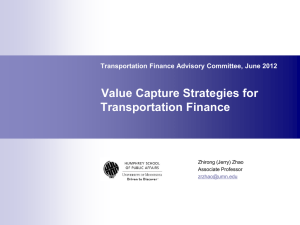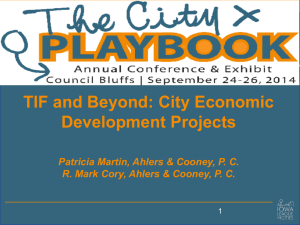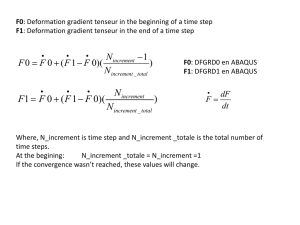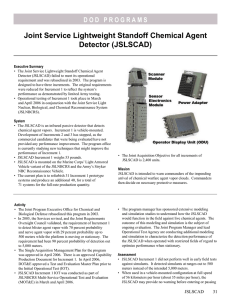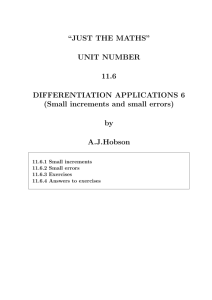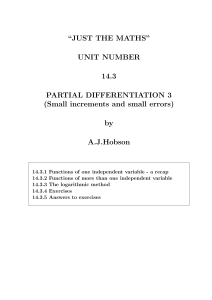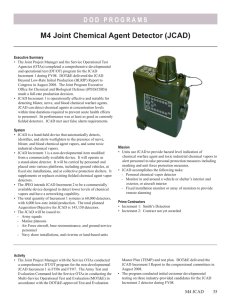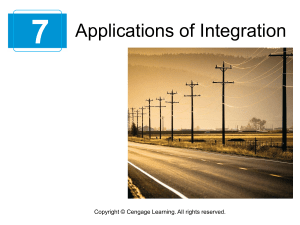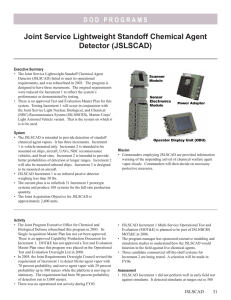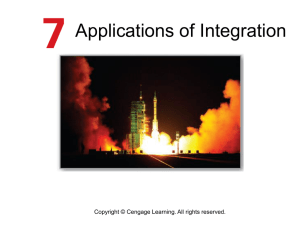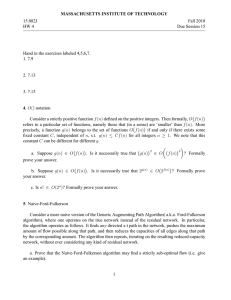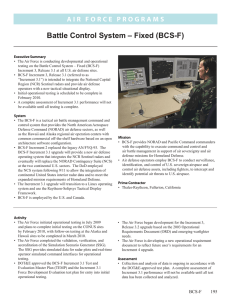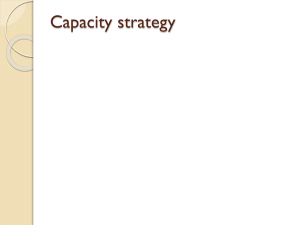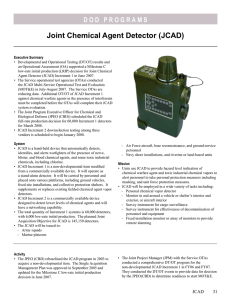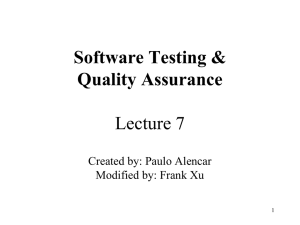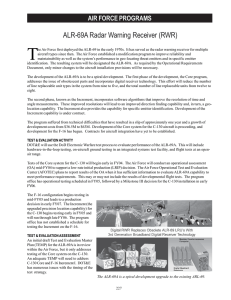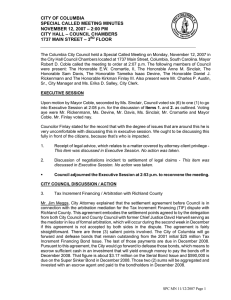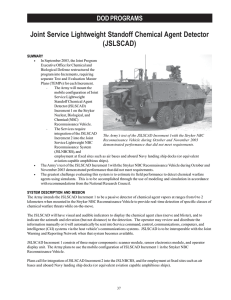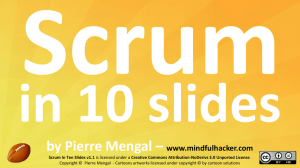Tax Increment Financing - North Carolina Arts Council
advertisement
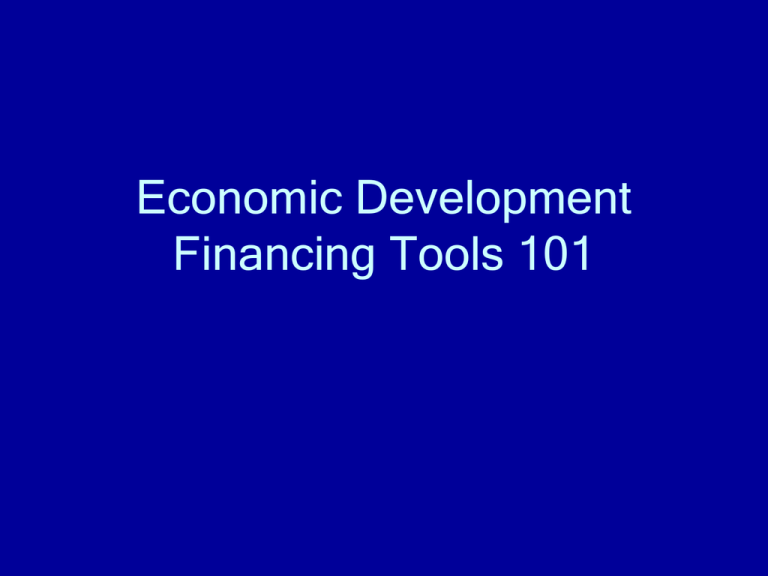
Economic Development Financing Tools 101 Tax Increment Financing (TIF) • Generic term for using future tax revenue to pay for something today • Usually used for public elements of private development project (i.e. infrastructure) • Usually used to bridge the “but for” gap between project cost and project revenue • Rules and uses vary from state to state, some very aggressive • North Carolina on the conservative end of spectrum. What is Tax Increment? • The increase in taxes collected on a specific parcel from one year to the next. • Example: – Year 1 = $100,000 collected in taxes on vacant land – Year 2 = $275,000 collected in taxes from new project – The Tax Increment is $175,000 • In North Carolina, the Tax Increment can be used two ways: Debt Reimbursement Tax Increment Used as Debt • City issues bonds backed by projected TIF • City uses bond proceeds to construct public improvements • City will likely need secondary source to backstop if project fails to meet projections • Typically more expensive debt than general obligation debt • Costs include having project valued and bonds marketed • Allows City to build without impacting tax rate or capital budget • Risk is City will have to cover bonds Tax Increment Used As Reimbursement aka “Synthetic TIF” (STIF) • Developer finances and constructs required improvements • City designates a portion of annual tax increment to reimburse developer for eligible costs • Generally capped by time and total amount • (e.g., Ten years or full reimbursement, whichever is first) • Developer carries all risk • Can be used creatively – not just road and sewers • Charlotte reimbursing developers for operating losses on needed parking decks; construction of cultural facilities Charlotte STIF Policy • Each City can set their own policy • Charlotte’s Policy Will reimburse 90% of tax increment in targeted neighborhoods and for critical projects Will reimburse 45% of tax increment in nonchallenged neighborhoods Mecklenburg County usually participates at % set by city No more than 3% of City tax base can be subject to STIF collection Municipal Services District • Enabled and regulated by North Carolina General Statutes • Allows designated “special tax districts” where property owners pay additional tax • Additional tax revenue must be used within in the district • Can be used for – – – – Physical infrastructure Marketing Grant programs like façade improvements Cultural / public facilities
